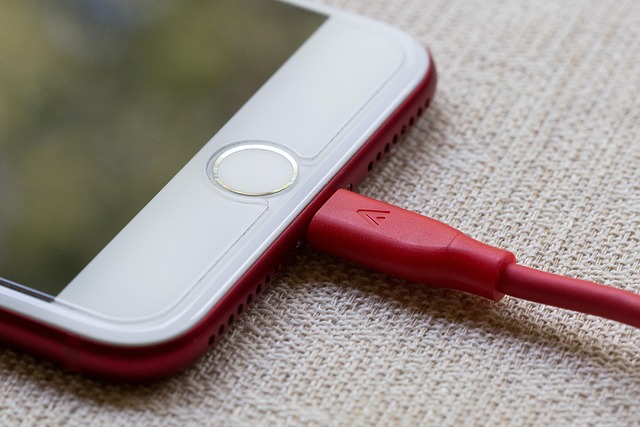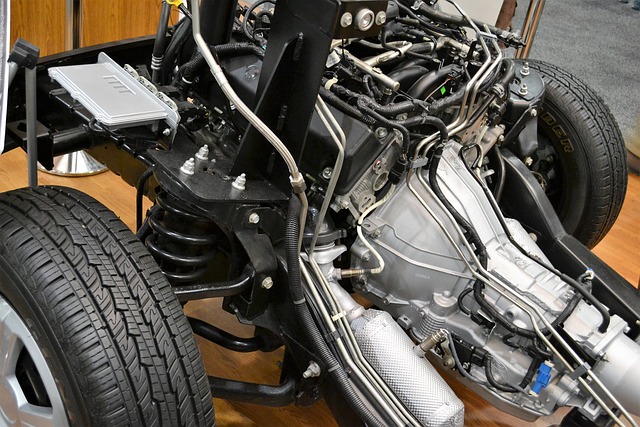
Ensuring Safety and Efficiency: The Ultimate Guide to Electric Car Charging Connectors
As electric vehicles (EVs) become increasingly common on our roads, understanding the various components that contribute to their safety and efficiency is essential. Among these components, charging connectors play a crucial role in ensuring your electric car functions optimally. In this guide, we’ll delve into the world of charging connectors, exploring their types, importance, and how they relate to safety.
The Role of Charging Connectors in Electric Vehicles
Charging connectors are the lifeline of an electric vehicle. They are responsible for transferring energy from charging stations to the car’s battery. The efficiency of charging not only affects how quickly you can get back on the road but also ensures the longevity of your vehicle’s battery and overall performance. A well-designed safety charging connector can prevent incidents such as overcharging or electrical shorts.
Types of Charging Connectors
Different electric vehicles use various types of connectors, primarily designed for specific charging standards. Here are the most common types:
- Type 1 (SAE J1772): Common in North America, this connector is single-phase and typically used in home charging stations.
- Type 2 (Mennekes): Widely used in Europe, this connector allows for both single-phase and three-phase charging, making it more versatile.
- CCS (Combined Charging System): This combines the Type 1 or Type 2 connectors with an additional two pins for DC fast charging, enabling rapid power transfer.
- CHAdeMO: A fast-charging standard that is popular among Japanese EVs, focusing on high-speed charging.
Safety Features of Charging Connectors
When it comes to electric car charging, safety cannot be overstated. A safety charging connector is designed to prevent accidents and ensure secure connections. Here are some key safety features to look for:
- Locking Mechanism: Ensures the connector remains securely attached during charging, preventing accidental disconnections.
- Insulation: High-quality insulation protects against electrical shocks.
- Temperature Regulation: Overheating can damage both the connector and the vehicle’s battery, so features that monitor and regulate temperature are crucial.
Charging Connectors and Car Maintenance
Just like car engines and other parts, charging connectors require maintenance to ensure proper functionality. Regular checks for wear and tear, cleaning contacts, and ensuring the connections are firm and free of debris are vital. Keeping these components in top shape not only ensures a safe charging experience but also enhances the efficiency of your electric vehicle.
Keeping Up with Car News
The automotive industry is in a constant state of evolution, and staying updated with the latest car news is essential for any EV owner. Information about new charging technologies, safety standards, and regulations can impact your EV’s performance and safety. In addition, advancements in connector technology can bring about more efficient, faster charging solutions.
In summary, understanding the importance of charging connectors is fundamental for every electric vehicle owner. Not only do they impact safety and efficiency, but they also enhance the overall experience of owning and operating an electric car. By choosing the right type of charging connector and prioritizing safety features, you’re taking a significant step towards a safer, more efficient driving experience.



